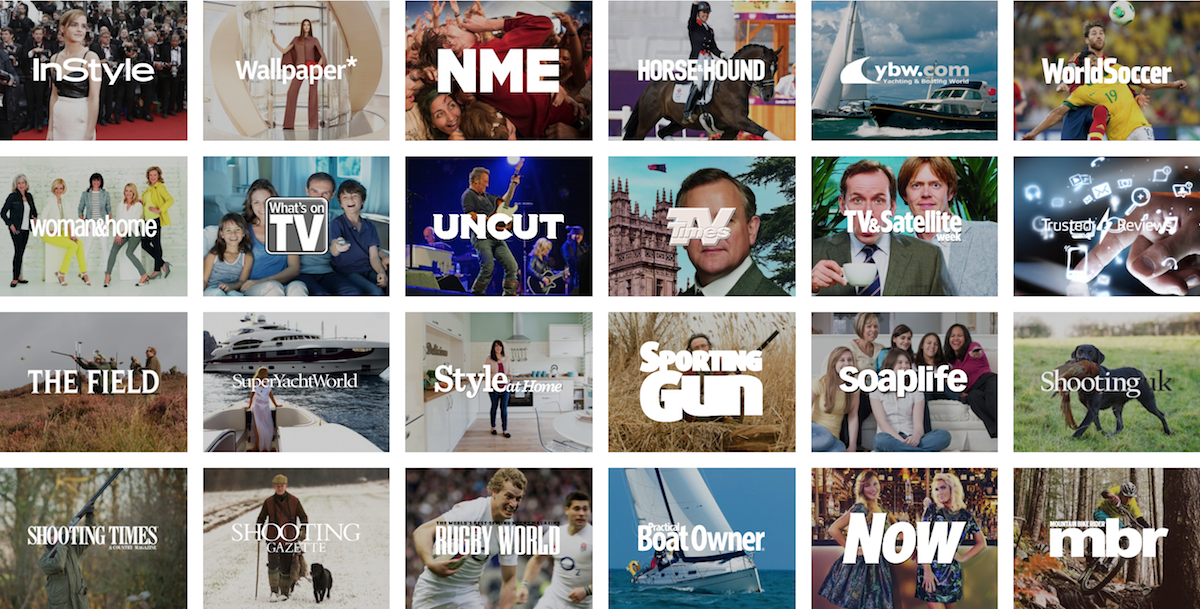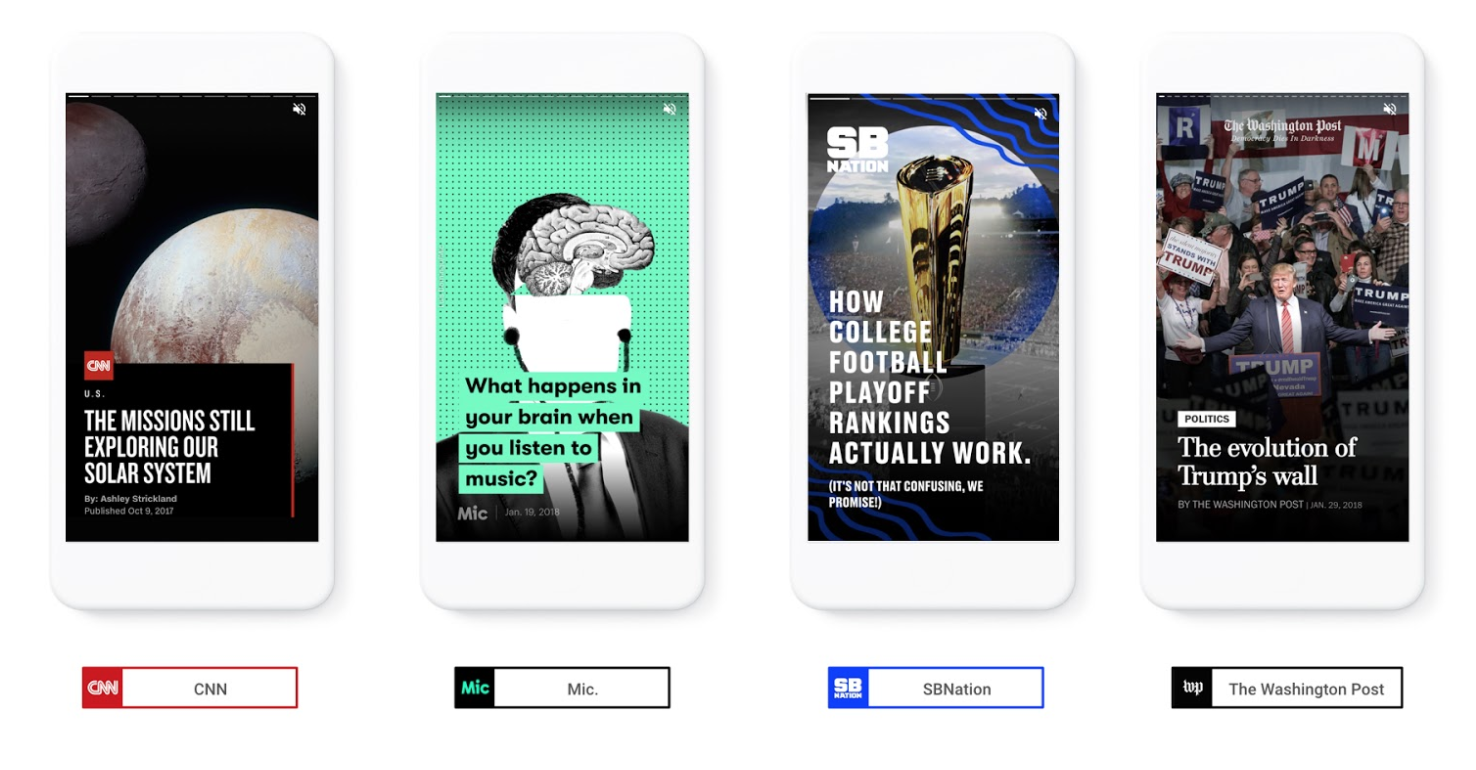Five key media tech trends from February
Facebook exits the newsroom
Back in January 2018, Mark Zuckerberg announced that Facebook would be changing its newsfeed algorithms to deprioritise branded content, inclusive of publisher pages. By the beginning of February, media owners had begun to react to these changes and FIPP spoke to Joe Media Founder, Niall McGarry, about how the newsfeed updates had initially impacted the brand: “We have not seen a drop-off,” said McGarry. “I think what it has done is it’s meant that community management has come back much more into play. We’re going to have somebody full-time responding to our commenters on Facebook.”
The social media site has subsequently dialled back on this announcement, focussing more on the prioritisation of trustworthy sources, local news, and ending a parallel experiment that sought to break the newsfeed into two and separate content from conversation. Either way, the platform’s relationship with the traditional industry and its interpretation of its own position within it remains in flux, and will be one to watch out for in 2018.

Time Inc. UK sold to private equity group
Meredith Corporation, the US media conglomerate that acquired Time Inc. at the start of 2018, announced in the final week of February that it had agreed to sell Time Inc. UK to private equity group, Epiris LLP, with the deal expected to go through by the end of this month. With profits in the region of £30m, and 2017 revenues of around £250m, Time Inc. UK remains a profitable magazine business. It is now believed that Epiris is also considering a bid for assets belonging to Dennis, the publisher of titles including The Week, Viz and Men’s Fitness, for £75m – £100m. We’ve got reaction and analysis from around the industry, including insight from president and CEO of FIPP James Hewes here.

AOP and Deloitte reveal seven per cent increase in publisher revenue
Sticking with news from the UK, findings from the latest Digital Publishers Revenue Index (DPRI), a quarterly report on UK publishing from the Association for Online Publishing (AOP) and Deloitte, reveals digital publishers saw an increase in revenue in Q3 2017 compared to Q3 2016, and in the 12 months to September 2017 (6.7 per cent and three per cent respectively). According to the report, the increase has been driven by a rise in display advertising (+37 per cent vs Q3 2016) and subscriptions (+21 per cent vs Q3 2016), which have increased by 18 per cent and 11 per cent respectively year-on-year. Digital publishers have also seen annual growth from online video increasing by 34% on a 12-month rolling basis from October 2016. You can access the full report on the AOP website here.

Apple News on the rise?
Beneath the headlines, reports emerged in February that Apple was quietly strengthening its position in the publishing sector. Mac Rumours ran an article based on a wider paywalled story by Tom Dotan in The Information, which indicated that Apple News is beginning to yield a flood of traffic for publishers in the US. Additionally, the report claims that Apple has a US-based editorial team of about a dozen former journalists, and runs a dedicated Slack channel in which publishers can pitch stories to Apple, which is said to be building similar teams in the UK and Australia.
The possible emergence of Apple in the news sector would represent an interesting trend. While Facebook has floundered in its relationship with publishers in more recent months, Google’s latest round of Accelerated Mobile Page (AMP) updates appears more promising. A serious news play by Apple in markets around the world could represent the introduction of a third technology heavyweight to the distribution side of the industry.

Vero
Another media tech trend causing intrigue in February was that of Vero, a three year old social media app that suddenly saw its audience grow from 150,000 users to 3m+ during the month. The uncluttered, ad-free, chronologically driven platform is specifically designed to offer a more user friendly alternative to established apps like Facebook and Instagram. Add in a subset of swirling controversies as reported here by The Verge, and it’s easy to see why Vero has become the talk of the social media town on a level not seen since the demise of Vine or the mainstream emergence of Snapchat.
Whether or not the platform has legs remains to be seen, but it’s a timely reminder that new concepts can still emerge and amass audiences quickly in a digital ecosystem previously thought to be set. Our above-mentioned interview with Joe Media offers an example of this more specifically in the traditional media sector, where again a focus on quality is what appears to have attracted eyeballs quickly. I wouldn’t necessarily take to my megaphone and issue a ‘Buy rating’ on Vero at this stage (it’s not publicly listed), but it does highlight that consumer eyeballs can still move when a focus on quality is on offer.

*** Tech trends in media will be one of the main features at the Digital Innovators’ Summit, taking place on 18-20 March in Berlin. Standard registration rates for DIS 2018 are available until this Monday 12 March. Save 200 euros on your booking when you sign up NOW. Secure your place here ***
 |
More like this
Blockchain: can it transform the media? Yes, says Burda CTO
Dennis, India Today, Ebner, Future, The Economist and HBR on 2018 Media Tech Trends
Five key media tech trends from 2017
How this startup plans to use blockchain to power a new media business model









